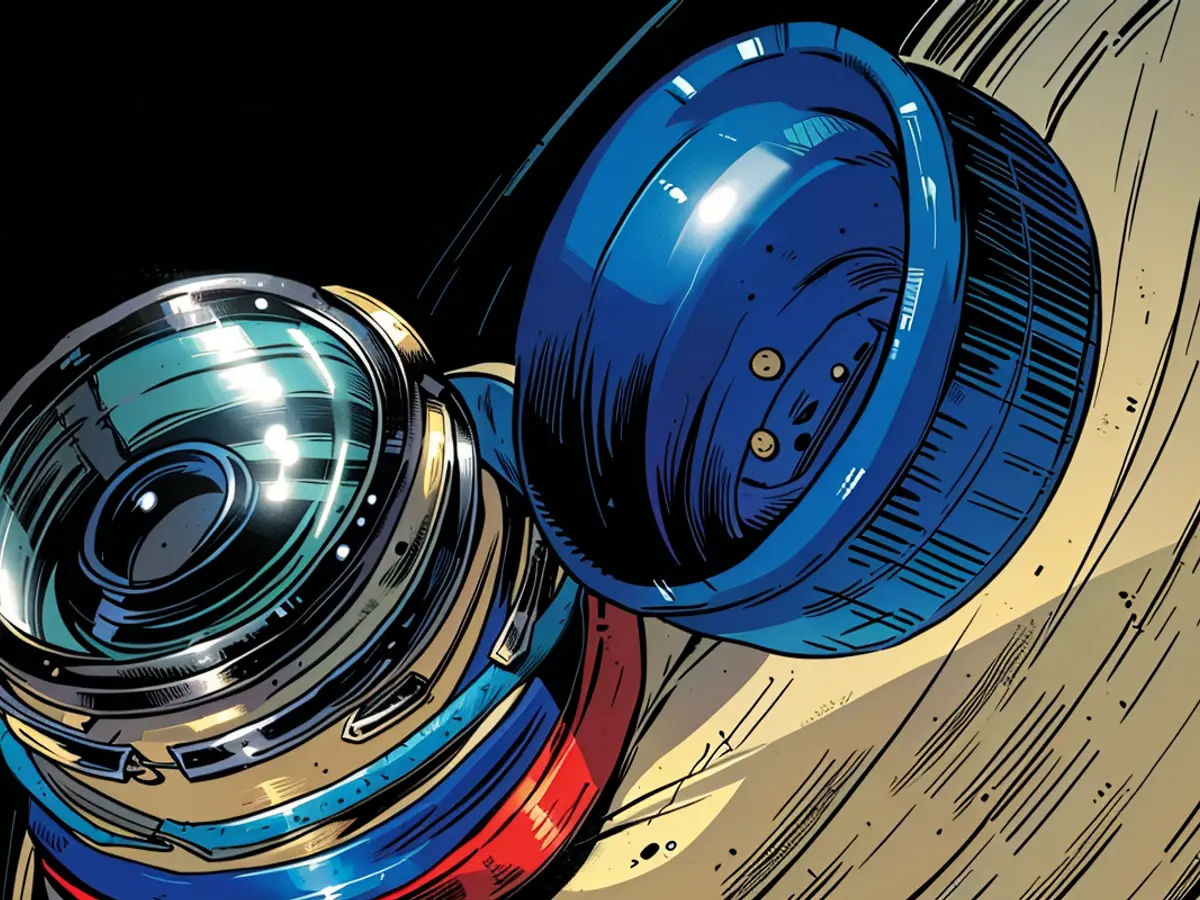Annoying or useful? - Tied bottle caps compulsory as of today
To reduce plastic waste in the environment, loose plastic caps have been banned for certain beverages in Germany since today. This applies to one-way packaging with plastic lids – such as juice cartons or one-way PET bottles – with a volume of up to three liters. Glass or metal, as well as reusable beverage containers, are reportedly exempted from this requirement according to the Federal Ministry for the Environment.
The reason for introducing "fixed lids" is a European Union (EU) directive. According to the ministry, this directive is based on a study that finds that plastic lids are among the most common plastic waste found at EU beaches.
Many companies are already using the new plastic lids
Many consumers are already familiar with these lids. According to the Federal Environment Agency, the regulation that sets the requirements in Germany came into force on July 3, 2021, with a three-year transition period. "Since then, many companies have gradually adapted their beverage packaging to meet the new requirements by July 3, 2024," the agency states.
Containers that do not meet the new requirements but were on the market before the deadline can still be sold according to the Environmental Ministry (BMUV).
No concrete numbers on plastic waste reduction yet
However, some people are frustrated with the new lids. "The BMUV is aware that consumers do not only see the screw-on lids positively," a ministry spokesperson says. The goal of the directive is to protect the environment through minor measures. That's why screw-on lids are necessary for certain beverage containers.
Neither the ministry nor the Federal Environment Agency has any figures on how much plastic waste could be reduced by this new requirement. The German government plans to evaluate the implementation of the new regulation in 2027 according to the Environmental Ministry.
Criticism from Consumer Central
Philip Heldt, resource conservation expert at Consumer Central North Rhine-Westphalia, is not convinced by the new screw-on lids: "I see the change in closure type as ineffective." In his opinion, the law misses the core problem. "We consume too many single-use products," Heldt says. "Changing lids doesn't help the environment yet."
According to the expert, the new lids use more material in many cases than the old lids. Heldt argues that clear guidelines are necessary – for example, a regulation to reduce the hollow spaces in products and thus reduce packaging waste. Prohibitions on unnecessary overpackaging, such as cartons for toothpaste, would also lead to material savings and environmental relief.
- The EU directive, which initiated the use of fixed lids, was inspired by a study showing that plastic lids are significant contributors to plastic waste found on EU beaches.
- Since the implementation of the new regulation on July 3, 2021, many companies in Germany have been modifying their beverage packaging to comply with the new requirement by July 3, 2024.
- Philip Heldt, a resource conservation expert from Consumer Central North Rhine-Westphalia, criticizes the new screw-on lids, arguing that they use more material in many cases than the old lids and that the law missed the core problem, which is excessive consumption of single-use products.






